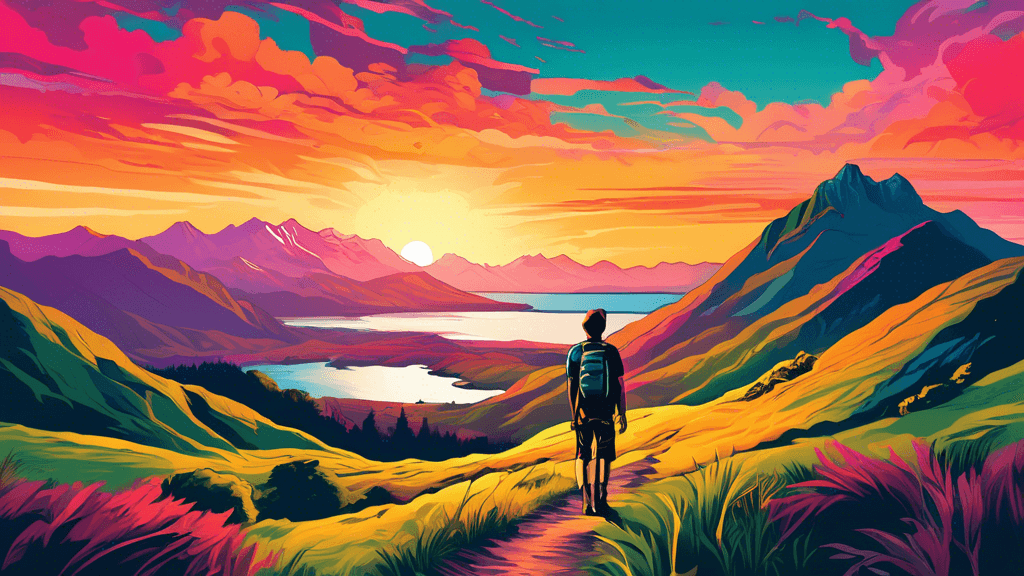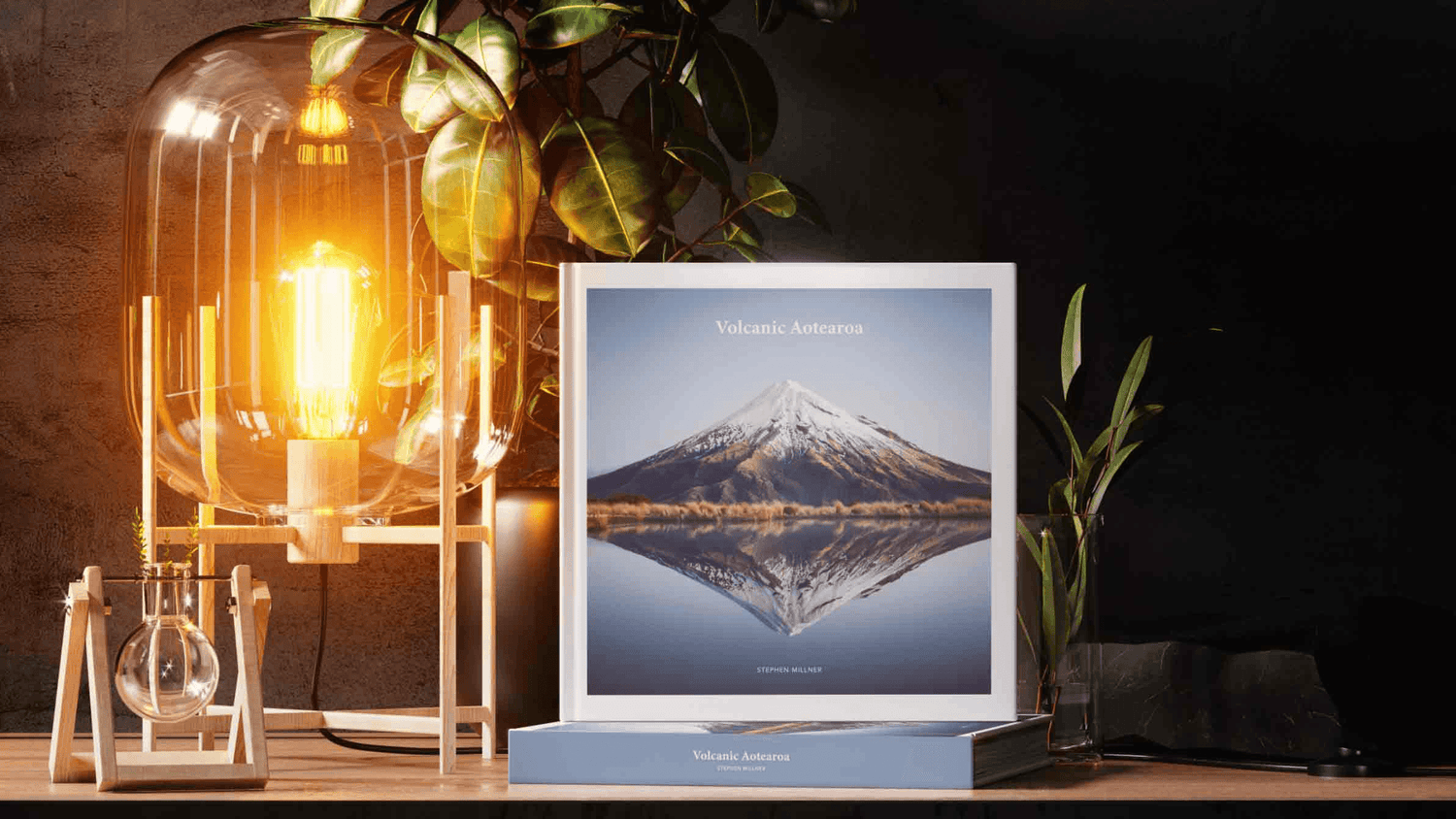
Exploring New Zealand's Natural Parks: A Photographic Journey
Share
New Zealand, a country renowned for its jaw-dropping landscapes, offers more than just a backdrop for famous film trilogies; it is a paradise for photographers and nature enthusiasts alike. With an extensive network of natural parks, each offering unique ecosystems and landscapes, exploring these areas provides not only a refuge from the bustle of urban life but also an opportunity to engage deeply with the country's natural beauty.
Why Focus on New Zealand's Natural Parks?
Spanning across two main islands, New Zealand's natural parks are custodians of the nation's environmental heritage and biodiversity. They offer a mosaic of landscapes—from the marine reserves with abundant sea life to volcanic landscapes with thermal wonders, and ancient forests that speak volumes of history and conservation. This diversity not only attracts nature lovers but also provides endless subjects for photographers aiming to capture the essence of Earth's beauty.
What Makes These Parks a Haven for Photographers?
Photography in these natural parks isn’t just about snapping pictures; it's about capturing moments that tell stories of ecological battles, seasonal transitions, and the sheer scale of natural scenery. Here’s what makes New Zealand's natural parks stand out:
- Varied Landscapes: From the fjords in Fiordland National Park to the alpine settings of Aoraki/Mount Cook National Park, the variety gives photographers an expansive canvas to work with.
- Exceptional Light Quality: New Zealand's position in the Southern Hemisphere offers unique lighting conditions, especially the golden and blue hours that are a dream for landscape photographers.
- Rich Biodiversity: Capturing rare wildlife in their natural habitats, like the Kiwi in North Island sanctuaries or the Hooker's sea lions of the Otago Peninsula, offers thrilling challenges for wildlife photographers.
Key Parks and Photo Opportunities
Let's delve into some specific parks and what they uniquely offer to the lens of a photographer:
Fiordland National Park
Encompassing over 1.2 million hectares, Fiordland is a colossal region featuring fjords carved by glaciers, mirrored lakes, and forests that seem to emerge straight from fairy tales. The famous Milford Sound, a fjord itself, provides dramatic photo opportunities with its peaks and dark waters. Capturing the temperamental mists and shifting light here challenges even seasoned photographers to adapt quickly.
Tongariro National Park
Situated in the heart of the North Island, Tongariro is famous for its otherworldly terrain. The park features emerald lakes, active volcanic mountains, and vast lava fields. The alpine, desert-like scenery of the Tongariro Alpine Crossing makes it a favorite for those interested in geological formations and stark, natural contrasts in their photography.
Abel Tasman National Park
Known for its golden beaches and clear, turquoise waters interspersed with rocky outcrops, Abel Tasman is perfect for capturing coastal landscapes. The park is accessible via hiking trails or sea kayaks, offering diverse perspectives for photographers, from wide-angle beach scenes to close-up wildlife shots.
Environmental Impact and Conservation
Photographing these pristine environments comes with great responsibility. Each visit to a natural park is an opportunity to advocate for conservation through the power of imagery. Leading conservationists stress the importance of minimizing environmental impact during such photographic expeditions:
Every photograph should convey a message about the fragility and value of our natural world, says Dr. Susan Walker, a leading environmental scientist in New Zealand.
Photographers are encouraged to practice ethical photography, ensuring that their presence doesn't disturb the wildlife or natural settings.
Conclusion: The Role of Photography in Conservation
Exploring New Zealand's natural parks through photography is not just about adding beautiful images to one's portfolio but also about capturing the essence of these landscapes to promote awareness and support conservation efforts. Each image can advocate for the protection of these natural havens, presenting compelling visual arguments for why we must preserve such magnificent parts of our world.
Are you ready to be part of this photographic journey? Plan your visit, respect nature’s boundaries, and use your photography to speak on behalf of those who cannot speak for themselves. Explore, capture, and conserve.
So, why not begin your photographic adventure today and see what stories you can tell through your lens?





